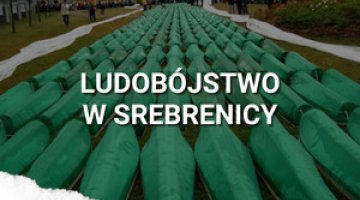Kosovo introduces an embargo on Serbian products
On 20 July Kosovo's government made a decision to introduce an embargo on imports of Serbian products and a 10% import tariff on products manufactured in Bosnia and Herzegovina (BiH). These measures are most likely intended to put pressure on the EU to force Serbia and BiH to stop blocking imports from Kosovo and the transit of Kosovar products. They are also a response to the growing criticism of the negotiations between Belgrade and Pristina which have been ongoing since March 2011 under the auspices of the EU. Opposition parties in Kosovo are calling for an end to the negotiations as they consider them to be detrimental to national interests and favourable only to Serbia. The embargo is intended to prove the determination of the government's policy towards Serbia.
Since the declaration of independence by Kosovo in 2008 both Serbia and BiH have blocked imports and transit of Kosovar goods through their territories by not recognising Kosovar customs documents. This hampers Kosovo's economic development by substantially decreasing the competitiveness of Kosovar products due to higher transport costs. According to the government in Pristina this also constitutes a violation of the Central European Free Trade Agreement (CEFTA). Customs issues were set to be the subject of negotiations during the following round of talks between Belgrade and Pristina in July this year. Due to a fundamental divergence in positions and the lack of willingness to reach agreement, the negotiations were cancelled and postponed for September this year.
According to the declarations of the government in Pristina, the introduction of restrictions on imports is meant to force Belgrade to change its trade policy towards Kosovo. This decision is also most likely intended to persuade the EU to put pressure on Belgrade and to force it to make concessions.
The actions taken by the government in Kosovo may however produce result opposite to what they are striving for. The EU was critical of the introduced restrictions as a step which delayed reaching compromise in customs questions. Furthermore, imports from Serbia are much more important for Kosovo than exports to Kosovo for Serbia. Kosovo imports from Serbia mainly first need products (90% of them is food, above all cereal) and energy, whereas only 3.5% of Serbian exports go to Kosovo (worth 260 million euros in 2010). The embargo will probably also lead to an increase in tax evasion in Kosovo itself and will encourage corruption. Moreover, the government in Pristina is not able to enforce the embargo at border crossings near areas inhabited by the Serbian minority. Actions aimed at tightening controls at these border crossings, conducted on 25 July, failed due to violent protests from the Serbian population. <MarSz>





